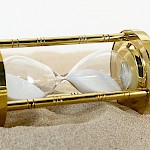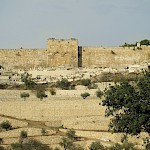The Lord Jesus Christ: His Person
1.1 Who is Christ?
This question (Mt 16:15) is the most important one you will ever face. The Gospel of John was written ‘that ye might believe that Jesus is the Christ, the Son of God; and that believing ye might have life through his name’ (John 20:31). He became man (more on this in Q 1.9-Q 1.18) and lived on this earth for 33 years. He was pronounced innocent by a Roman court but was crucified. After three days He rose again and, 40 days later, ascended to heaven. He will come again, first to take those who believe in Him to be with Him, and then to judge the world and set up His kingdom in power.
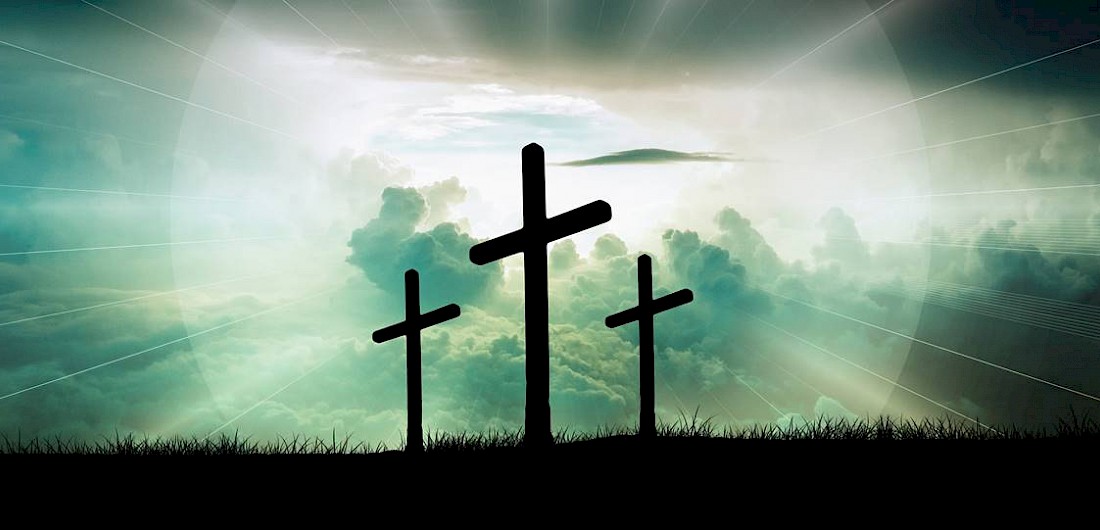
1.2 What is Christ then, a man or God?
Both. He is ‘the man Christ Jesus’ (1. Tim 2:5) but He is also ‘the true God’ (1. John 5:20), ‘God blessed for ever’ (Rom 9:5).

1.3 Are there any other Bible references that show Christ was God?
Yes, many! The Bible leaves absolutely no doubt that He was God.
Just consider the following:
His pre-existence:
- He was there when (and before) the world was made: (Gen 1:1, 26 (‘us’), Jn 1:1, Heb 1:2), and during Old Testament times as ‘the angel of the Lord’2 (Judges 6:11-22 etc.).
His attributes:
- He is eternal (Isa 9:6; Mi 5:2; Jn 8:58 etc.)
- He is unchangeable (Mal 3:6; Ps 102:25-27; Heb 1:10-12)
- He is omnipotent (= ‘He is almighty’, Rev 1:8; Phil 3:21)
- He is omniscient (= ‘He knows all’, Jn 2:25; 6:64; 21:17 etc.)
- He is omnipresent (= ‘He is everywhere’, Eph 1:23; Mt 28:20 etc.).
Other proofs
- He created all things (Jn 1:3, 10; Col 1:16; Heb 1:2)
- He preserves and sustains all things (Heb 1:3; Col 1:17)
- He demonstrated divine power through the many miracles He performed, by giving others power to perform miracles (Mt 10:1), and through miracles others performed in His name (e.g. Acts 4:10)
- He forgives sins (Lk 5:24; Col 3:13)
- He has the power to lay down His life and to take it again (Jn 10:17-18; 19:30)
- He rose from among the dead, and He will raise the dead (Jn 5:28.29; 11:25)
- He gives rewards to believers (2. Cor 5:10; 2. Tim 4:8)
- He receives (and accepts) worship (Jn 5:23; Jn 9:38; Lk 24:52)
- He will judge the world (Jn 5:22; Acts 17; 31; Rev 20:12).
- The Jehovah of the Old Testament is the Jesus of the New. Jehovah is ‘the first and the last’ (Isa 41:4, 44:6, 48:12), and so is the Lord Jesus (Rev 1:17, 2:8, 22:13). John identifies Christ with Jehovah (compare John 12:40, 41 and Isa 6:1-5).

1.4 But how can He be God and, at the same time, the Son of God?
There are three divine persons: the Father, the Son and the Holy Spirit. Each of them is ‘God’.
- For the Son, see questions Q 1.2 and Q 1.3
- For the Father, there are many references to Him as the ‘God and Father’ (e.g. Eph 1:3)
- The Spirit is eternal (Heb 9:14), omnipresent (Ps 139:7) and coequal (‘on the same level as’) the Father and the Son (see Mt 28:19; 2. Cor 13:14).
And yet there are not several gods, but ‘God is one’ (1. Tim 2:5). See also 1. Corinthians 8:4; Galatians 3:20.

1.5 What do we mean by ‘Trinity’?
Essentially, what we have just said (Q1.4): there are three persons in the Godhead, and yet God is one. We cannot understand the Trinity. This is not for human reason to question - God is infinitely above man - but for faith to worship.
The expression ‘trinity’ is not found in the Bible, but the truth it expresses is in the Bible!

1.6 Do Christians believe in more than one God?
No. Sometimes this accusation is made out of ignorance. Christianity is strictly monotheistic, i.e. based on faith in one God (see Q1.4).

1.7 Are there different ranks in the Godhead?
No. If someone refers to Father, Son and Spirit as ‘first,’ ‘second’ and ‘third’ persons of the Godhead, this does not indicate any difference in rank between them but is simply an enumeration. Perhaps it would be better not to speak in this way so that misunderstandings are avoided.

1.8 Are there relationships between the persons of the Godhead?
Yes. Christ is the Son of the Father. This relationship has always existed throughout the past ages, the ‘past eternity’. He was the Son when God gave Him (Jn 3:16; Isa 9:6), He was already the Son when the world was created (Heb 1:2), and the Father loved the Son even before the world was made (Jn 17:24).

1.9 Why is it so serious if someone denies that the Lord Jesus is the Eternal Son?
Well, if this truth is given up, all is lost. What is so special about Christianity is that God is a God of love. But how do we know God’s love? Because He gave His Son, the only Son He had (see Jn 3:16 and 1. Jn 4:9, 10, 14, and compare with Gen 22:2 and Mk 12:6). If someone denies that Christ was already the Son of God before His birth, it amounts to saying God simply sent a person, not His only Son!
Further, God is revealed in His Son. The Son has made known the Father. If He was not the Son before He came, then we still would not know the Father as Father (Jn 1:18 and 14:9-11).

1.10 Christ is man and God at the same time - can anyone understand this?
No, no one can. God is far too great to be understood by limited human minds. But we can believe it. ‘The Word was God’ (Jn 1:1 - the Lord Jesus is referred to as ‘the Word’ in Jn 1) and ‘the Word became flesh’ (i.e. became man, Jn 1:14). See also Mt 11:27: ‘No man knoweth the Son, but the Father.’

1.11 Why is it so important that Christ was and is both God and man?
First, because, otherwise, Christ could not have accomplished the work of redemption. He had to become man in order to be able to die. And He had to be God in order to accomplish the redemptive work in divine power: ‘when he had by himself purged our sins’ (Heb 1:3, see also Col 1:19).
Also, He had to be God as well as man in order to be a mediator between God and man (1. Tim 2:5). A mediator is someone who can put his hands on the shoulders of both parties in order to bring them together (a figurative idea, see Job 9:33).
Note that every question that concerns Christ is important. If a teacher does not bring ‘the doctrine of the Christ’, he must be rejected (2. Jn 9-11).
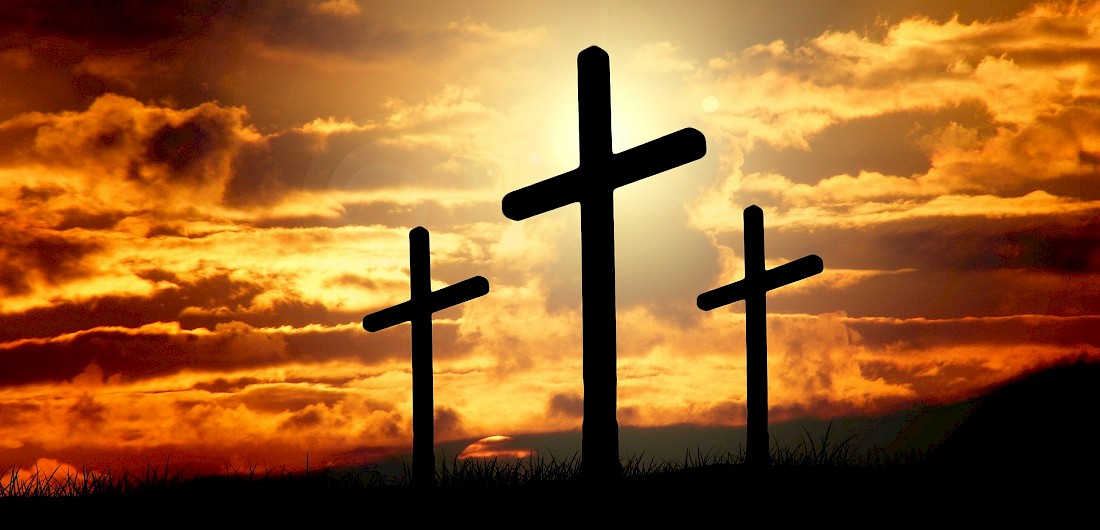
1.12 When did Christ become a man?
About 2,000 years ago, when He was born in Bethlehem (see Mic 5:2; Lk 2:4-7). This is the point in time God calls ‘the fullness of time’ (Gal 4:4). Man had been tested in every possible way and had failed completely. This is when God sent His Son and spoke in Him: through (or ‘in’) His person (Heb 1:1, 2).

1.13 When He became man, did He cease to be God?
No. He was, is and always will be God. This is axiomatic. God is eternal and cannot cease to be God (Col 1:19; 2:9).

1.14 Will Christ ever cease to be a man?
No. He was raised from among the dead (1. Cor 15) and ascended to heaven, and is there now as a glorified man. This is important because He is now our High Priest (see Q 3.1); someone who was and is man Himself and knows what it is like to be tested and tempted in this world except that He did not and does not have a sinful nature. He can sympathise with and pray for us in our lives here. When He appears in power (see Q 4.14 and Q 4.15), He will still be the ‘Son of man’ (Mt 24:30; 26:64).

1.15 Did He have a human spirit, a human soul and a human body?
Yes. He was a real man, and a man composed of spirit, soul and body (1. Thess 5:23).
- As to His spirit, it says, ‘he groaned in the spirit, and was troubled’ (Jn 11:33). Surely, this is not the Holy Spirit, but the Lord’s human spirit.
- As to His soul, it says, ‘Now is my soul troubled’ (Jn 12:27).
- As to His body, the Bible says, ‘a body hast thou prepared me’ (Heb 10:5). It also tells us the fullness of God dwells in Him bodily (Col 2:9). Further, there are references in the Gospels to things He could only have experienced if He had had a normal human body, e.g. John 4:6.
How wonderful to see that the Lord’s perfect humanity is stated in such clear terms.
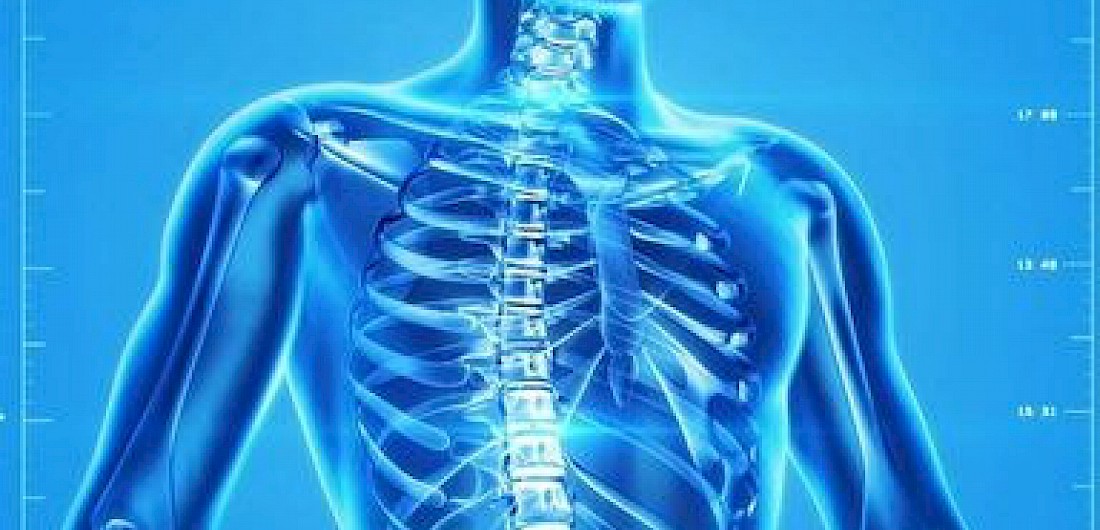
1.16 Was He a man just like us?
Yes, (Heb 2:14) except for sin: every descendent of Adam (and that includes every man, woman and child alive today) has a sinful nature (Rom 5) but the Lord Jesus did not have a sinful nature. He ‘was in all points tempted like as we are, yet without sin’ (Heb 4:15). Note that:
- Christ did not commit any sinful action: ‘…who did no sin’ (1. Pet 2:22)
- He did not know sin (‘who knew no sin’, 2. Cor 5:21), and
- There was no sin (i.e. no sinful nature) in Him and therefore He could not sin (1. Jn 3:5 - see also 1. Jn 3:9).

1.17 If Christ could not sin, how could He be tempted?
The gospels show that Christ was tempted by the devil (Satan, Mk 1:13) in the sense that he presented temptations to Him, but there was nothing in Him that would respond to them. This is where we all differ from Him: we all have the inclination to respond to Satan’s temptations - the lust of the eyes, the lust of the flesh and the pride of life (1. Jn 2:16) - because we have the flesh, the sinful nature in us, but not so with Christ. He was tempted, not to test whether He would sin, but to demonstrate that He would not.

1.18 Was Joseph His natural father?
No, he was not. Christ did not have a human father. Gabriel said to Mary, ‘The Holy Ghost shall come upon thee, and the power of the Highest shall overshadow thee: therefore also that holy thing which shall be born of thee shall be called the Son of God’ (Luke 1:35). Interestingly, the man who wrote the gospel in which we find this was a medical doctor (Col 4:14).
The report given by Matthew confirms this. When Joseph found out that Mary was expecting a child, he wanted to put her away in secret. But the angel of the Lord appeared to him and told him not to do so, and not to fear, because, ‘that which is conceived in her is of the Holy Ghost.’ Who could think of a clearer way of putting it?
Any final doubt is removed by the words: ‘Joseph … knew her not till she had brought forth her firstborn son: and he called his name JESUS’ (Mt 1:25; see also Mt 1:18).

1.19 Was Mary His natural mother?
Yes. Even the earliest prediction about the Lord refers to Him as ‘the seed of the woman’ (Gen 3:15). Paul states that one of the privileges of the Israelites was that: ‘of them, as concerning the flesh Christ came’ (Rom 9:5). Further, we read in John 7:42: ‘Hath not the scripture said, That Christ cometh of the seed of David?’ Another very clear confirmation is found in Romans 1:3, which states that Christ was ‘of the seed of David according to the flesh.’ See also 2. Timothy 2:8.

1.20 Does Mary, therefore, have a special place and, if so, what is it?
Yes, she does. Gabriel said to her, ‘Blessed art thou among women’ (Lk 1:28), and a little later Elizabeth, filled with the Holy Spirit, repeats the same words to her (v. 42). It was a great privilege to be the natural mother of Christ as man.
However, the wise men from the east came to Jerusalem (Mt 2) because they had ‘seen his (not ‘his mother’s’) star in the east, and …[had] come to worship him’ (not ‘her’) (Mt 2:2). They were guided by the star that ‘went before them, till it came and stood over where the young child (not ‘his mother’) was’ (Mt 2:9). Remarkably, it then says: ‘…they saw the young child with Mary his mother (not ‘the mother with her child’), and fell down, and worshipped him (not ‘her’)’ (Mt 2:11). See also the Lord’s words to Mary in John 2:4 and His words in relation to her in Mark 3:31-35.
Those who esteem Mary highly do well to respect her advice: ‘Whatsoever he saith unto you, do it’ (Jn 2:5). The Lord’s words to John, ‘Behold, thy mother’ (Jn 19:27) and the fact that, from that hour he took her to be with himself, show Mary did not have supernatural powers but would have to rely on someone to care for her. Mary would not have called God ‘my Saviour’ (Luke 1:47) if she had been born sinless and was the Mother of God as some claim.
When a woman mentioned to Him that His mother was ‘blessed’ (‘Blessed the womb that bare thee…’ Lk 11:27) the Lord Jesus answered, ‘Yea rather, blessed are they that hear the word of God, and keep it.’
Finally, in Acts 1:14 Mary is mentioned as one of the women who continued with the disciples in prayer. No special role is attributed to her.
In brief, Mary had a very special place, but one of privilege not one of authority or power. Praying to her is simply idolatry. Worship belongs to God.














